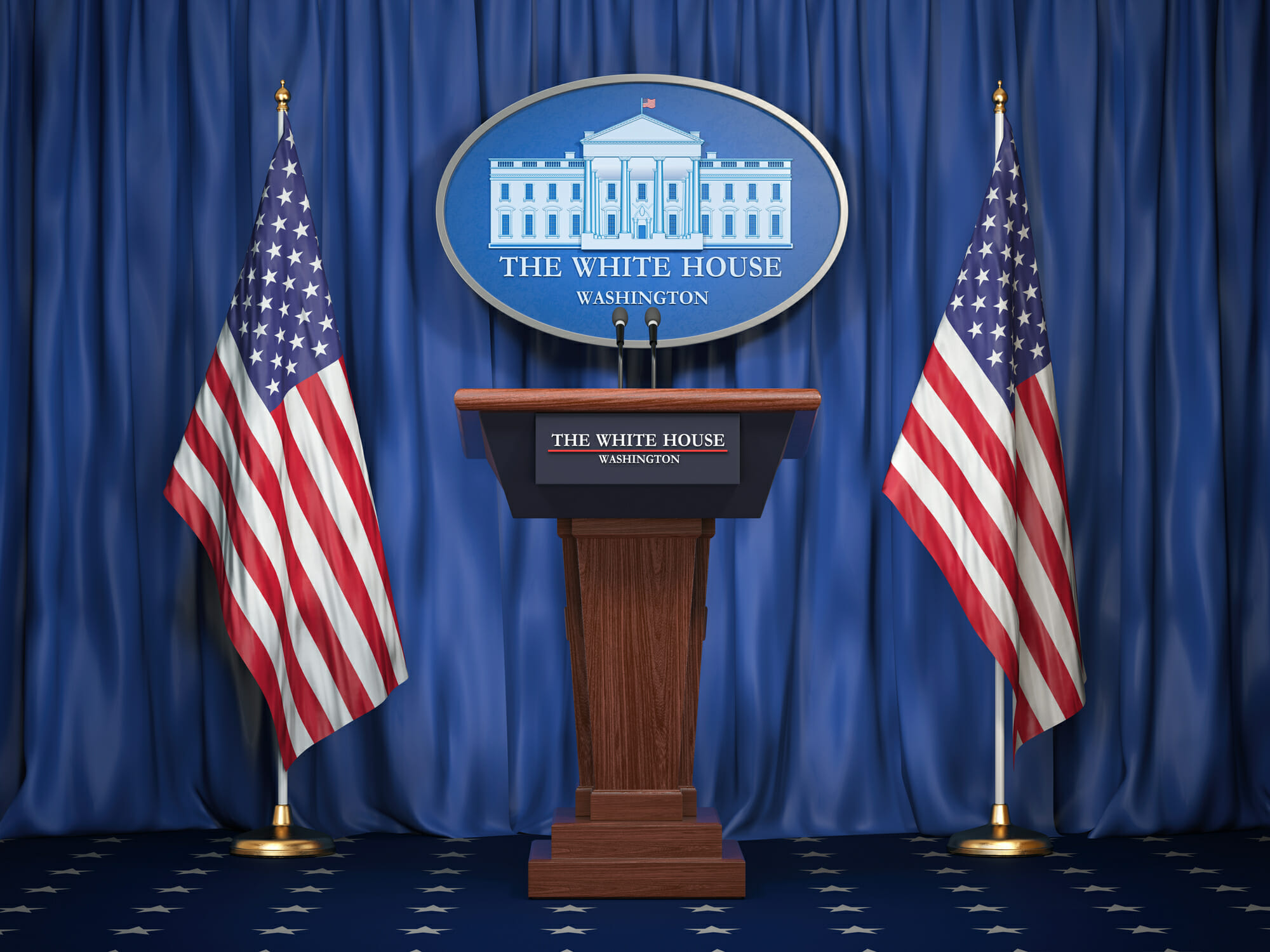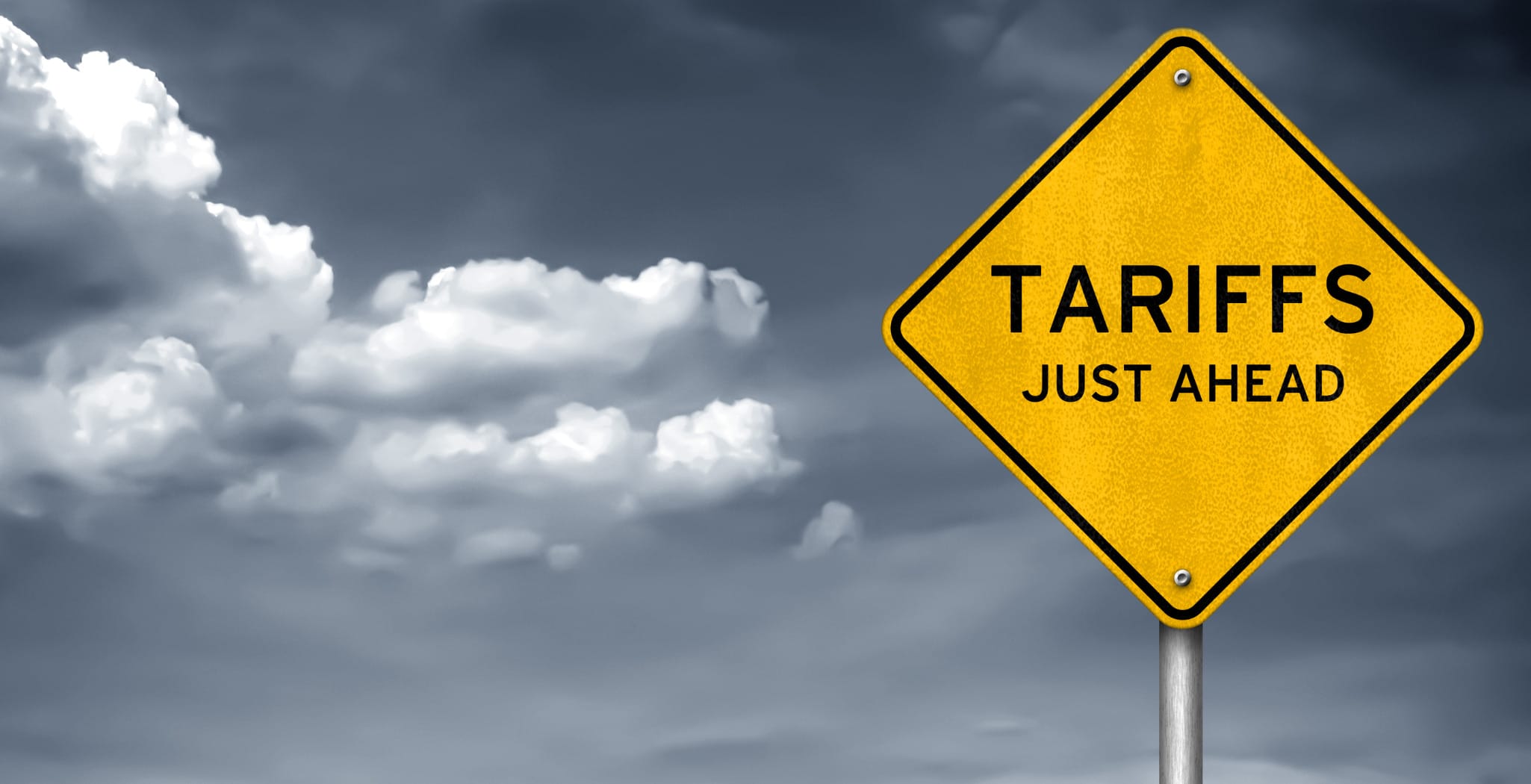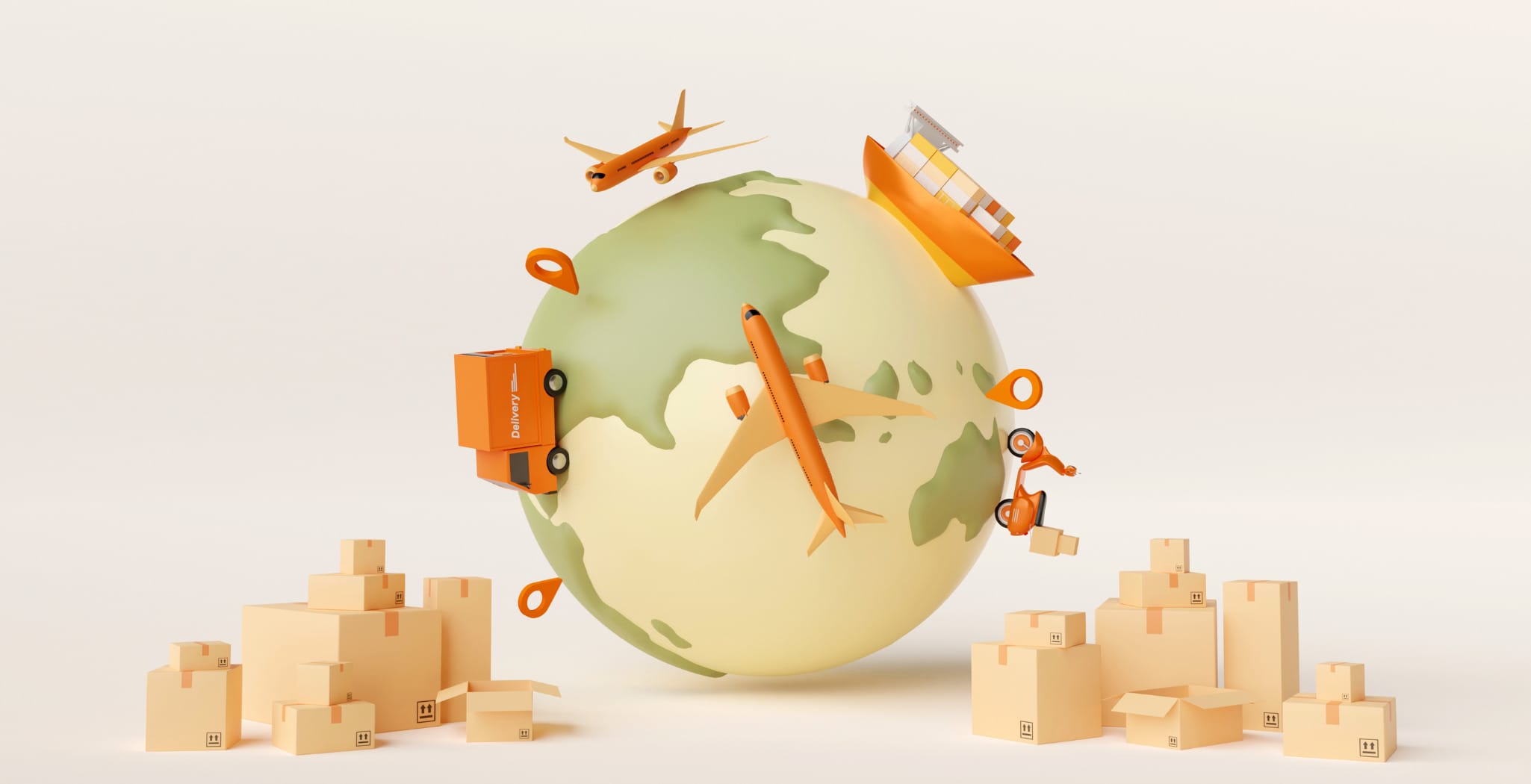
A change in the presidential administration has the potential to make large waves in the global supply chain ecosystem, the full effects of which may not be entirely known or understood until many years after policies are instated. As the new Biden administration begins to take effect, many questions have arisen regarding how it will impact global sourcing and supply chains. Top Asia supply chain consultants are keeping a keen eye on how American politics and international relations might change the way that businesses operate in the region.
How will U.S. relations trade policies with China change under the new administration and what effect will that have on supply chains?
Many eyes will be on President Biden and his administration to see how they are able to manage a dynamic relationship with China and their government. Biden’s plan for greater supply chain security in the United States includes holding China accountable for things like levying taxes on raw material shipments to U.S. producers and theft of intellectual property. He has also stated that he is willing to impose targeted restrictions on imports from nations such as China that pose national security threats. Many political experts, however, predict less friction between the U.S. and China as compared to the previous administration. A less volatile relationship with China and the potential of a complete or partial lifting of previously imposed import tariffs imposed would result in more stable manufacturing supply chains.
Companies have new decisions to make concerning supply chain optimization strategies. Experts in supply chain management still expect many companies to search for China manufacturing alternatives. Those companies that diversify and include alternative manufacturing destinations in their supply chain strategies gain greater leverage by decreasing over-reliance on any single supplier or country. This type of diversification results in more resilient supply chains that are less susceptible to challenges caused by disruptions. In the wake of much supply chain disruption caused by factors such as the COVID-19 pandemic and the U.S.-China trade war, businesses that were once heavily reliant on solely manufacturing in China are changing their strategy to include Asia manufacturing alternatives and sourcing partners in other promising countries such as Taiwan, Vietnam, and India. Each of these destinations presents its own unique advantages when considering contract manufacturing overseas. Examples of said advantages include government/tax incentives, comparative ease of doing business, and specialization in certain manufacturing industries.
How will U.S. policies regarding COVID-19 affect travel and other business operations?
President Biden has made it clear that he intends to take greater action toward containing the spread of COVID-19 than the previous administration. As of January of this year, the new administration has already instated stricter travel policies in regards to reentering the country. For this reason, along with travel restrictions imposed by other countries, business travel to Asia from the United States will be severely diminished until at least Q4 of 2021. Prior to the onset of the COVID-19 pandemic, travel to Asia was seen as a near necessity to establish productive manufacturing relationships and ensure quality control. Importing manufactured goods from a foreign country without building a relationship with factories or conducting thorough quality control is a massive risk for most companies. Due to travel restrictions, companies have had to rely on overseas partners and sourcing agents. These sourcing agents have proven to be invaluable for companies in mitigating the challenges caused by the inability to travel. Hiring a professional overseas sourcing agent to help manage on-the-ground operations has three beneficial functions:
- Finding and vetting factories
- Managing negotiations between manufacturing partners
- Conducting quality control and pre-shipment inspections
Overseas sourcing agents have become particularly valuable solutions for brands in the last year. Even as travel restrictions ease, the new learning curve suggests supply chain consultants on the ground in Asia can not only maintain the momentum for new product development but may be the most efficient solution and strategy in a post-pandemic world. An increase in widespread access to vaccinations may expedite opportunities for a return to Asia travel-implementation of a COVID-19 vaccination passport may become the new standard – but just as domestic travel for business has changed forever, reliance on overseas manufacturing consultants is likely here to stay.
Contact Us






Follow Us